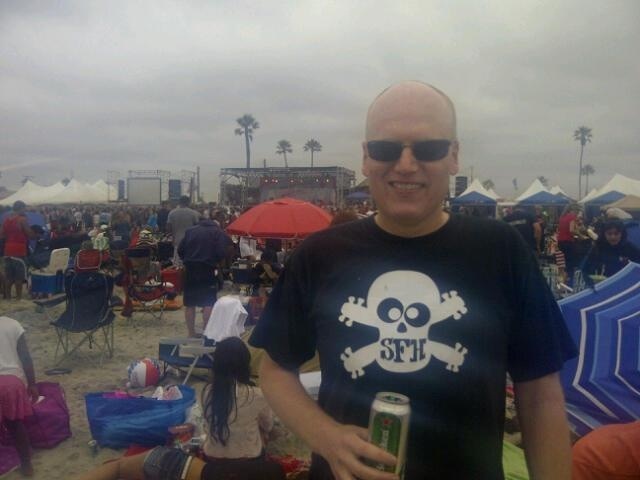What I’m looking at
Point, missed
The point – in this column, and the poll it examines – is entirely missed. Voters have always been progressive. It’s only journalists who thought they were becoming conservative.
The point is this: what’s been changing isn’t voters’ views of conservatives – it’s conservatives themselves who have changed. They have a smaller base of voters, but they’ve adapted to that. They have become way, way better at campaigning than progressives.
They’ve done that by stealing language, and values. Buy this if you are as interested in why as I was!
Good riddance
Leave Tom Cruise alone!
1. Lynn Crosbie isn’t running with the snarling, snapping media pack, which is what the best columnists should do.
2. She correctly notes that a lot of the personal criticisms Cruise has faced over the years originate in homophobia; and
3. She correctly notes that a lot of the religious criticisms he’s faced are plain old bigotry and hate.
Like Crosbie says, his sexuality and religion should not affect my views of Top Gun, for example.
Which was, like, the worst movie ever.
This happened right at the end of my street
Worth keeping in mind when Messrs. Harper, Hudak and Ford say gun control doesn’t work.
Wonder how they’ll react when a shooting happens steps from their front door? I sure do.
[More here..]
In Tuesday’s Sun, weirdly early: killing Canada, not so softly
Similarly, the service became a means by which we could subtly promote democracy, and the Canadian way of life, in far-flung corners of the world. In places like China, Russia and North Korea – where the Internet can be censored, but shortwave can’t be – RCI was heard by many. In post-Communist Eastern Europe, shortwave radio receivers are still the way in which many receive news from the outside world.
I know this from experience. When I was an election observer in Bosnia in 1996, billeted with a Serbian family, I was glued to my tiny shortwave radio at night. I’d listen to the Stanley Cup playoffs, and the news from back home, and I was always pretty grateful that RCI existed.
Our allies – the U.S., Britain, Germany, France and Australia – have all expanded their national shortwave service.
In Canada, meanwhile, we’ve killed it.
In tomorrow’s Sun, today: the politics of disaster
Unfortunately, some in the media and in the political opposition have been looking for someone to blame in Elliot Lake. They’ve suggested Ontario Premier Dalton McGuinty and Prime Minister Stephen Harper should have hustled up there right away. To do what? We know not. But McGuinty and Harper have been lambasted by some for not travelling to Elliot Lake.
Jean Chretien, as I recall, travelled to Manitoba during the ’97 flood. “An infamous PR disaster,” the Montreal Gazette later intoned. A “photo opportunity stunt,” declared the Vancouver Sun. “Appalling insensitivity,” said the Edmonton Journal.
However, in the end, Chretien still won a majority – albeit a reduced one. Some of his western candidates (like, um, me) certainly paid a price. But the Liberal leader ended up with more seats in Manitoba than any other party.
The paradox, I remarked to my campaign team at the time, is this: If you don’t go to the site of a disaster, you’ll get hammered for staying away and being insensitive. And if you travel to the site of a disaster, you’ll get hammered for coming for a photo op and therefore being insensitive. You can’t win, in other words.




